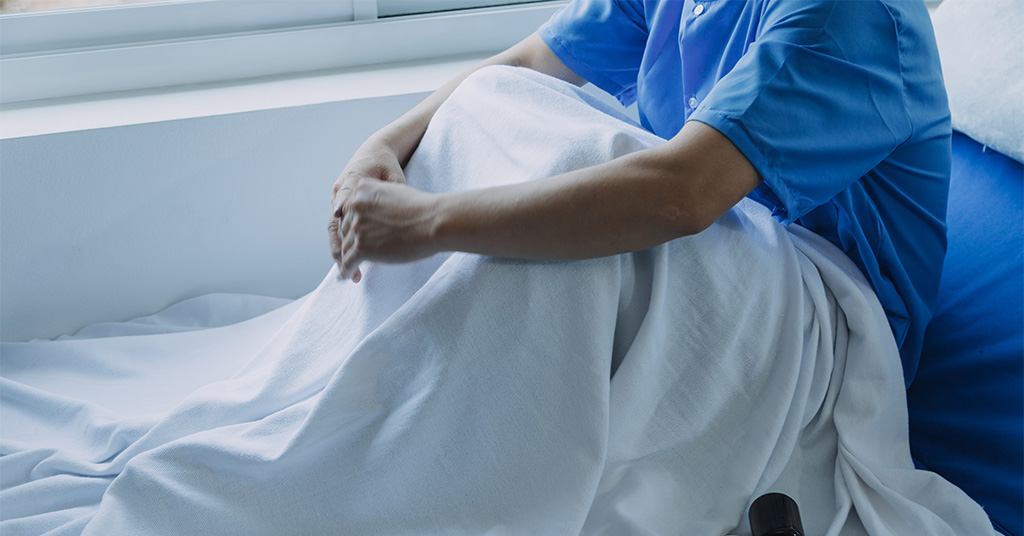Legal liability for hospital-acquired infections in South Africa

13 Dec 2023
Hospital-acquired infections (HAIs) are a huge cause for concern in hospitals around the world, especially as drug resistance becomes a bigger issue.
Hospitals can be held liable for these infections if the proper preventative measures weren’t taken.
In this article, we cover:
- risk of infections in South African hospitals
- HAIs in neonatal wards
- causes and types of hospital-acquired infections
- factors contributing to HAIs in South Africa
- legal liability for hospital-acquired infections
- personal injury claims involving hospital-acquired infections.
Risk of infections in South African hospitals
A WHO study estimates that 7% of acute-care patients will develop an infection at least once during a hospital stay. This study focused on high-income countries. In low- and middle-income countries (LMICs) the picture is even more bleak.
In South Africa, a LMIC, we have a high prevalence of HAIs. Our average infection rate is twice that of higher income countries. These infections have a high mortality rate. One in 10 patients with an HAI will die.
The results of a local study in 2022 confirm these statistics. Our HAI rate is 12.76% and surgical-site infections make up more than 40% of all recorded HAIs.
HAIs in neonatal wards
HAIs in neonatal wards are particularly worrisome because children and immunocompromised patients are the most vulnerable to these infections.
A 2023 study looked at the importance of early diagnosis of neonatal HAIs to avoid complications and the use of unnecessary antibiotics.
According to the study, the prevalence of HAIs among infants weighing less than 1,500 grams is 20%. The mortality in low-resource settings can be as high as 70%.
Causes and types of hospital-acquired infections
HIAs aren’t always the result of negligence, but substandard care can make an infection more likely.
There are three common organisms that are responsible for HAIs.
Methicillin Resistant Staphylococcus aureus (MRSA) is carried on the skin and can be introduced into the body through cuts or punctures, potentially leading to infections and septicaemia.
Clostridium difficile (C. diff, C. difficile) is found in the human gut and can cause diarrhea and colitis (an inflammation of the colon). It is transmitted from person to person by spores.
Carbapenemase-Producing Enterobacteriaceae (CPE) is carried on the skin and in the human gut. It can cause urine infections, wound infections, pneumonia and septicaemia, especially in elderly or immunocompromised patients.
Factors contributing to HAIs in South Africa
Many South African hospitals suffer from overcrowding, water shortages, staff shortages and other shortcomings that can result in substandard care that contributes to HAIs.
Being in hospital doesn’t automatically put you at risk of an HAI. However, certain factors can increase the risk of these infections, including:
- invasive medical procedures (catheters, intubation and IVs)
- sepsis can develop in post-operative patients at their wound site
- high-risk burn patients
- failure to follow health and safety regulations
- inadequate equipment sterilisation
- extended hospital stays (especially in poor conditions)
- high-risk children, babies, the elderly and immunocompromised.
Legal liability for hospital-acquired infections
Hospitals have a legal obligation to ensure reasonable measures are taken to prevent hospital-acquired infections. If substandard or negligent care led to you or a loved one contracting an infection while in hospital, you may be able to claim compensation.
If poor management, clerical errors, improperly performed medical procedures, lack of health and safety adherence, poor hygiene or sterilisation, or other negligent medical care led to an infection, there may be grounds for a medical malpractice claim against the hospital.
Personal injury claims involving hospital-acquired infections
To have a successful medical malpractice claim related to a HAI, you must prove that negligence took place and that it led to the infection.
To substantiate the claim, you must collect evidence in the form of doctors’ notes and medical records, witness statements and expert testimony from independent medical professionals.
A good attorney or legal firm with experience in medical malpractice claims will help gather all the necessary evidence and offer the best chance of winning a case.
DSC Attorneys is a personal injury law firm that specialises in medical malpractice claims, including claims involving hospital-acquired infections in South Africa. The firm operates on a no-win, no-fee basis.
See also:
- Understanding prescription laws in South African medical malpractice cases
- Medical malpractice crisis in South Africa’s maternity wards
- The Tshela Health Care case: Challenging the notion of immunity for principals in medical malpractice cases
- What constitutes knowledge of a potential medical negligence claim?

